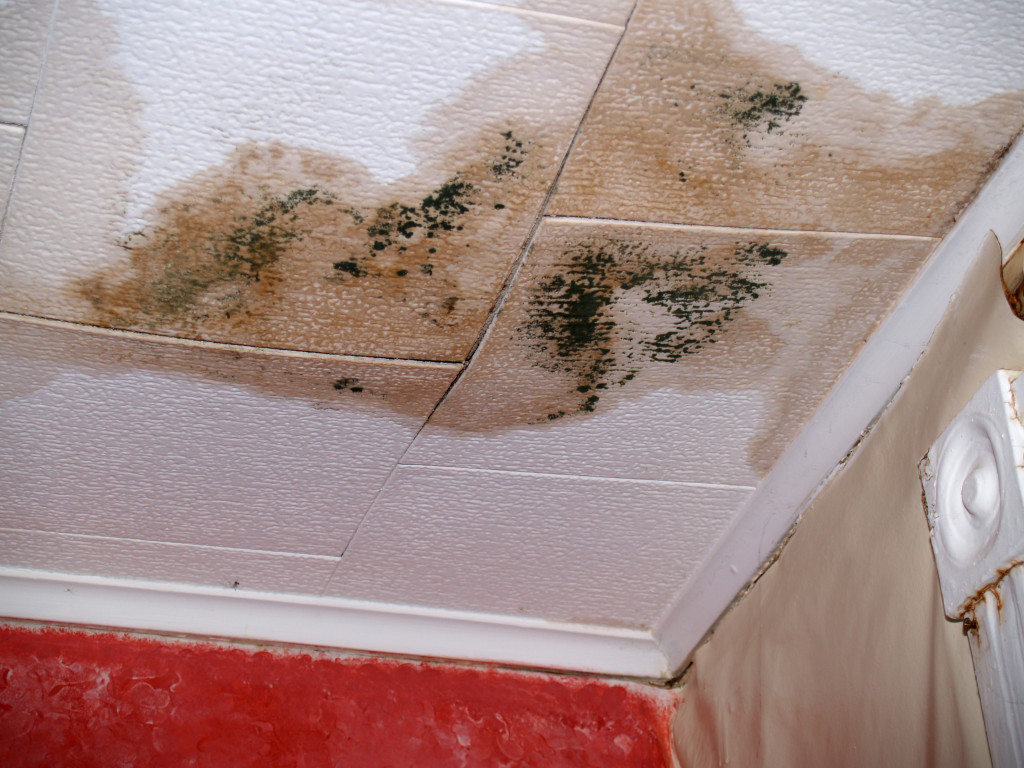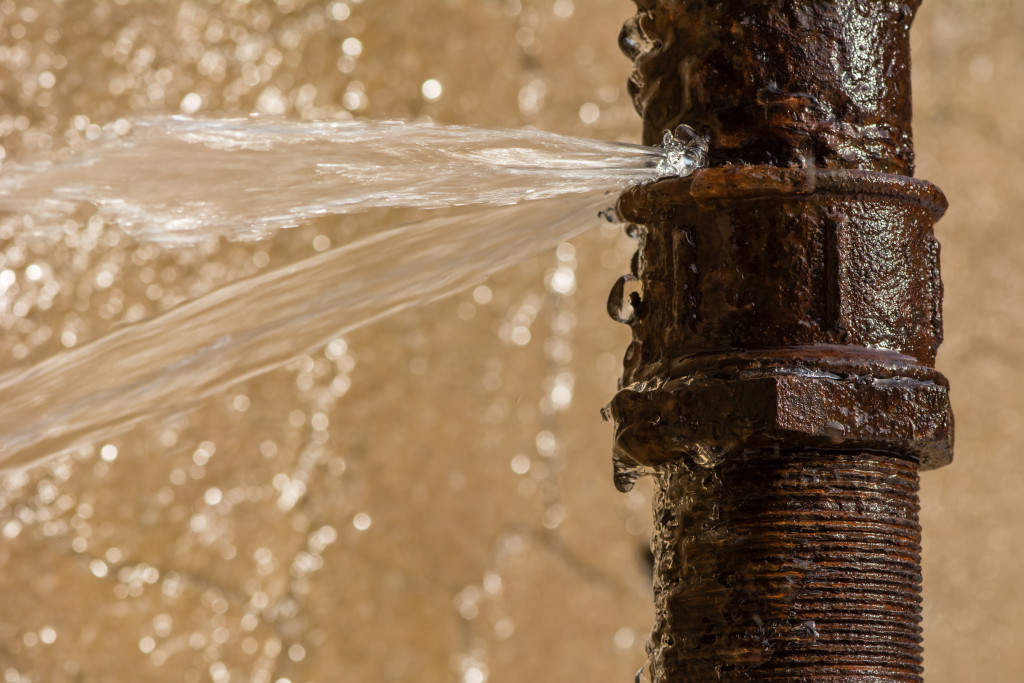- Excess moisture can cause serious health risks such as mold, dust mites, structural damage, and pest infestations.
- Causes of excess moisture may include poor ventilation, plumbing leaks, and high humidity.
- Prevention is key – replace ceilings if necessary, ventilate, fix plumbing leaks, use dehumidifiers, and maintain regularly.
- Mold spores can lead to allergies and neurological issues, while dust mites can cause respiratory problems.
- High humidity levels can lead to heat exhaustion, dehydration, skin irritations, and viral growth.
When you think of the risks in your home, you may think of slippery floors, sharp objects, and electrical appliances. However, did you know that excess moisture can also significantly threaten your and your family’s health? The harm of excess moisture is often overlooked since it’s not as apparent as other home risks. Here’s what you need to know about the dangers of excess moisture and how to prevent it from becoming a health hazard in your home.
Why is Excess Moisture a Health Risk?
Moisture can cost various problems for your home and your family. Here are some of those problems:

Mold Growth
Excess moisture creates the perfect environment for mold to grow in your home. Mold spores can cause allergy-like symptoms such as sneezing, runny nose, and itchy eyes. Mold exposure can lead to respiratory and neurological problems in more severe cases. Keep moisture levels in check by fixing water leaks and using a dehumidifier in high-humidity areas like bathrooms and basements.
Dust Mites
Dust mites thrive in humid environments and can cause respiratory issues such as asthma and allergies. These microscopic pests feed on dead skin cells and thrive in bedding and other soft furnishings. Reduce moisture levels by washing bedding in hot water once a week and investing in hypoallergenic bedding.
Structural Damage
Excess moisture can cause structural damage to your home, such as warped floors, damaged drywall, and crumbling plaster. This can not only be an expensive fix but can also lead to health problems such as respiratory issues from breathing in the dust and debris from the damage.
Pest Infestations
Insects and rodents are attracted to moisture. Cockroaches, in particular, thrive in humid environments and are associated with asthma attacks in children. Keep pests at bay by repairing water leaks and keeping moisture levels low.
Increased Humidity
High humidity levels can lead to heat exhaustion and dehydration. Furthermore, it can cause skin irritation and enhance the growth of bacteria and viruses. A dehumidifier can help lower the humidity levels in your home and prevent these health risks.
What Causes Excess Moisture?

Several factors can cause excess moisture in your home, including poor ventilation, plumbing leaks, and high humidity. If you don’t have proper ventilation in your home, it encourages the buildup of moisture that can lead to mold growth and other health-related issues.
Plumbing leaks can also contribute to excess moisture, as leaking pipes and faucets cause water to accumulate in places unseen. High humidity levels, especially during summer, also create a moist environment, leading to mold growth.
How Can You Prevent Excess Moisture?
Prevention is better than cure, and the same principle applies to excess moisture in your home. Here are five ways you can prevent excess moisture and improve indoor air quality:
Change Your Ceiling
First off, you must get your ceiling checked. It can be a source of moisture if it’s not properly insulated and can cause condensation. Inspect your ceiling regularly to ensure it’s well-insulated and sealed off from the outside. Hire local ceiling contractors to do this for you. They can check any moisture damage your ceiling might have and even replace them if they are too damaged.
Ventilate Your Home
Make sure your home is properly ventilated, especially in bathrooms and kitchens. Open windows as often as possible to allow fresh air to circulate, and use fans to move air around. You can also install an exhaust fan to reduce moisture build-up in your kitchen and bathroom.
Fix Plumbing Leaks
Check for any plumbing leaks in your home and repair them immediately if you find any. This will help prevent moisture from accumulating and causing mold growth.
Install a Dehumidifier
Invest in a dehumidifier for rooms with high humidity, such as basements or bathrooms. It’s worth the investment because it can significantly reduce the chances of mold growth and other health risks associated with excess moisture.
Regular Maintenance
Finally, regular maintenance is critical to preventing excess moisture in your home. Have your home inspected every few months (or more frequently if you live in a humid climate) to check for any signs of moisture build-up. This will help you detect any problems early on and prevent them from becoming more significant.
By taking the steps outlined above, you can significantly reduce the risk of excess moisture in your home and protect yourself and your family from its potential health hazards. Keeping your home dry is essential to maintaining its overall health and safety. Ensure you regularly inspect it for signs of moisture damage and take action if any are found. Doing so can ensure your family stays healthy and safe in their home.